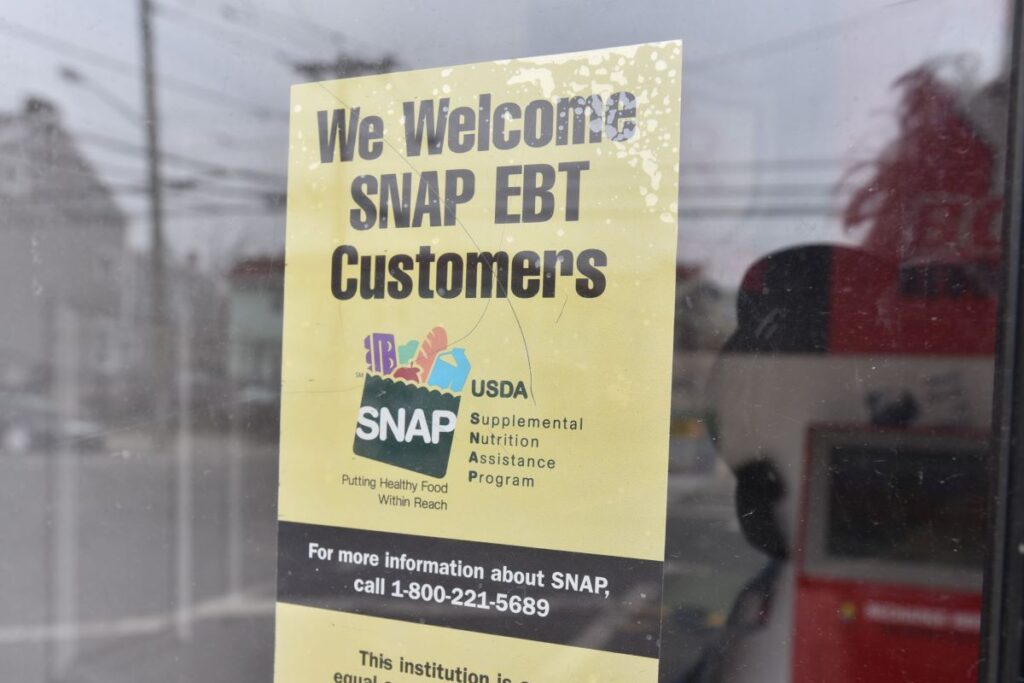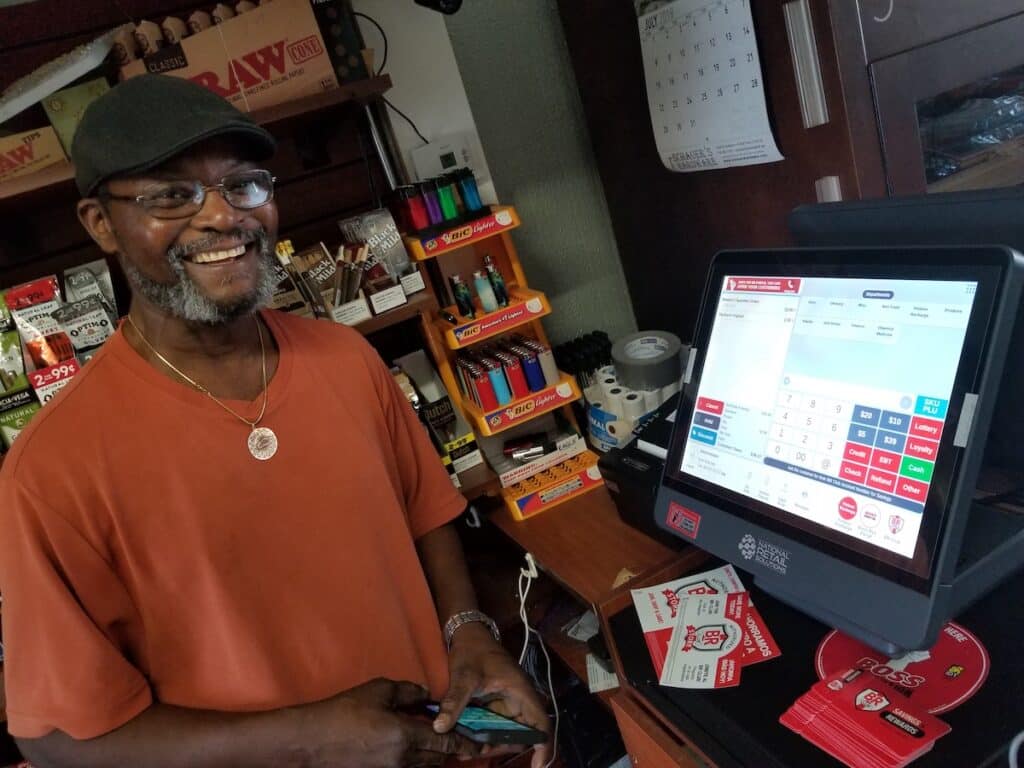Preparing to launch a small business can be one of the most exhilarating moments in an aspiring business owner’s life. The excitement is palpable as you prepare to enter the business world, opening your physical and/or digital doors to the public and sharing your merchandise or services to help people in their everyday lives. But it can also be an incredibly overwhelming and intimidating time if you don’t have a solid business plan in place. Conducting the proper research to structure a business before flipping the closed sign to open can mean the difference between a successful business for years to come and going out of business rather quickly. Here is a primer on how to start a small business:
Research Your Business Idea
You may think your idea is new to the market. Don’t be so sure until you’ve done your homework. Find out if your product/service already exists. If there is competition, make note of how thriving companies are doing business compared to those lagging behind. How are the successful – and flailing – operations set up? Will your customers pay mainly in cash, by credit card, or using Apps like Google Pay or Apple Wallet? Assess this in choosing the best credit card processing for your business. NRS PAY, for example, offers a clean rate plan with no hidden fees or surprises. NRS PAY also offers its Cash Discount surcharge program, comparable to cash discount programs. The surcharge enables you to collect the transaction fees from the customer so it doesn’t have to come out of your pocket. Evaluate your needs. Will you sell in a store, or mostly online? This can inform what type of POS system you need to set up. POS systems control where and how patrons purchase your product. The best POS systems, such as
NRS POS, integrate sales and inventory functions in real-time. Knowing what to restock – and when – is crucial to effective budgeting. Simply put, you can’t sell what you don’t have, and you can’t sell a surplus supply of items that your customers don’t want. Even if your idea is unique, keep your ear to the ground once you’ve launched your business for any competition creeping in.
Write up a Detailed Business Plan
Planning is crucial in business. Fly blind and you’ll crash hard. Many upstart businesses make the mistake of running out of money due to a poor business plan. Your plan needs to cover all aspects of operating an establishment. For instance: based on your anticipated income, can you manage the rent and utilities? For example, if you’re opening a coffee shop and selling coffee for $1 and your rent is $4,000 a month plus utilities, do you really think you can sell 4,000 cups of coffee in 30 days? It’s hard to make coffee in the dark if you fail to pay your electric bill. What about advertising? You’ll need to do a great deal of promotion to get your business up and running. Once you settle into a groove, don’t assume your advertising costs will be static for the year. For instance, if you’re selling flowers, you’ll likely advertise more in spring and summer than fall and winter. Budget accordingly. And plan a rainy day fund as well. Businesses need extra cash on hand for unexpected scenarios and circumstances.
Get a Small Business Loan / Funding
Having money on hand through loans and cash advances can be key to starting a business. Having enough cash on hand for an initial launch, including advertising, paying employees if applicable, and simply paying the rent is essential. There are an abundance of small business loans available from federal and state government agencies. During the ongoing pandemic even some counties and towns are offering assistance. Again, do your research, and do it thoroughly and comprehensively. Once you find a plethora of cash advance programs to choose from, look them over carefully to decide which is best for you. The best loan programs offer manageable repayment plans with no hidden charges – read the fine print carefully! Taking out a loan should not be intimidating – beware of hard sells. Companies such as National Retail Solutions (NRS) offer easy to understand, honest and ethical
cash advance programs. To learn more about NRS Funding, visit nrsplus.com/funding.
Choose a Name and Design a Logo
Choosing a proper and visually appealing name and logo for your business is essential to success. Think of a name that will stand out and stick in people’s minds. Don’t choose a name that’s too similar to the competition. Make sure it won’t be misinterpreted or come across as offensive. Names can be taken in many ways, so cover all your bases. Once you have your name set, it’s time to design a logo. Make sure that you choose the right letter format, style, size and color. You want your logo to stand out, but not overwhelm people. There’s a fine line to consider. For instance, understated tones may not pop and catch potential customers’ eyes; on the other hand neon colors may appear garish and turn people off. Find that sweet spot in the middle.
Choose a Location for your Small Business
In addition to choosing a spot for your business that you can afford, stay away from the competition, literally, as much as possible. You want to be the only game in town. If you’re opening a coffee and bagel shop, it’s best not to locate across the street from a Dunkin’ Donuts. Serving up burgers? Don’t set up shop around the corner from McDonald’s. Competing against a major chain will drain your advertising budget quickly and drive down revenue. Make sure you know your audience. Selling Mexican food? Make sure you’re in the right neighborhood. Don’t open in the city’s French Quarter. Specializing in ski equipment? Research demographics to make sure there are people near your store who head for the slopes rather than the beach. Offer items complimentary to businesses around you. A great place to set up a coffee shop is next to a bookstore (provided the bookstore doesn’t sell its own coffee). Also make sure there’s plenty of good parking around your store. You don’t want to lose interested customers simply because they give up in frustration at not being able to find parking. Pick a location that’s easy to see from the street. Foot traffic going past your business is crucial. Setting up shop in a space that’s tucked away may not be worth the lower rent if it means foregoing increased revenue.
Register with Federal and State Government / Get your Federal and State Tax IDs
Make sure you obtain all the proper permits, incorporation papers and tax documents. The last thing you want is a burdensome, time-consuming government audit of your finances, or a hefty fine leveled by the government for operating without the proper paperwork. With strategic planning, starting your new business can be stress-free and rewarding.








